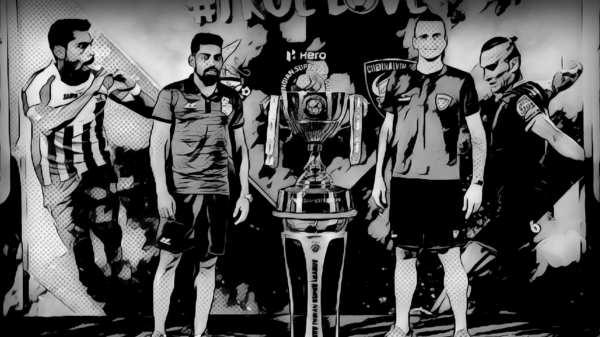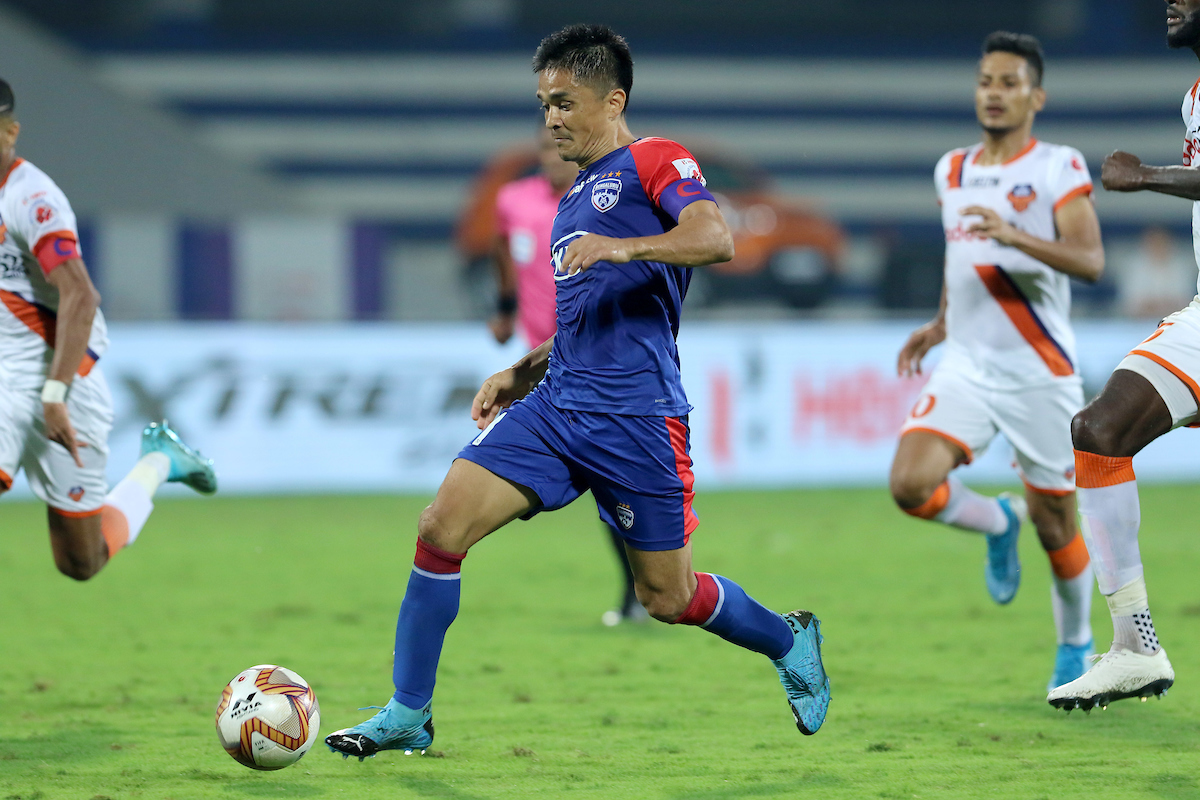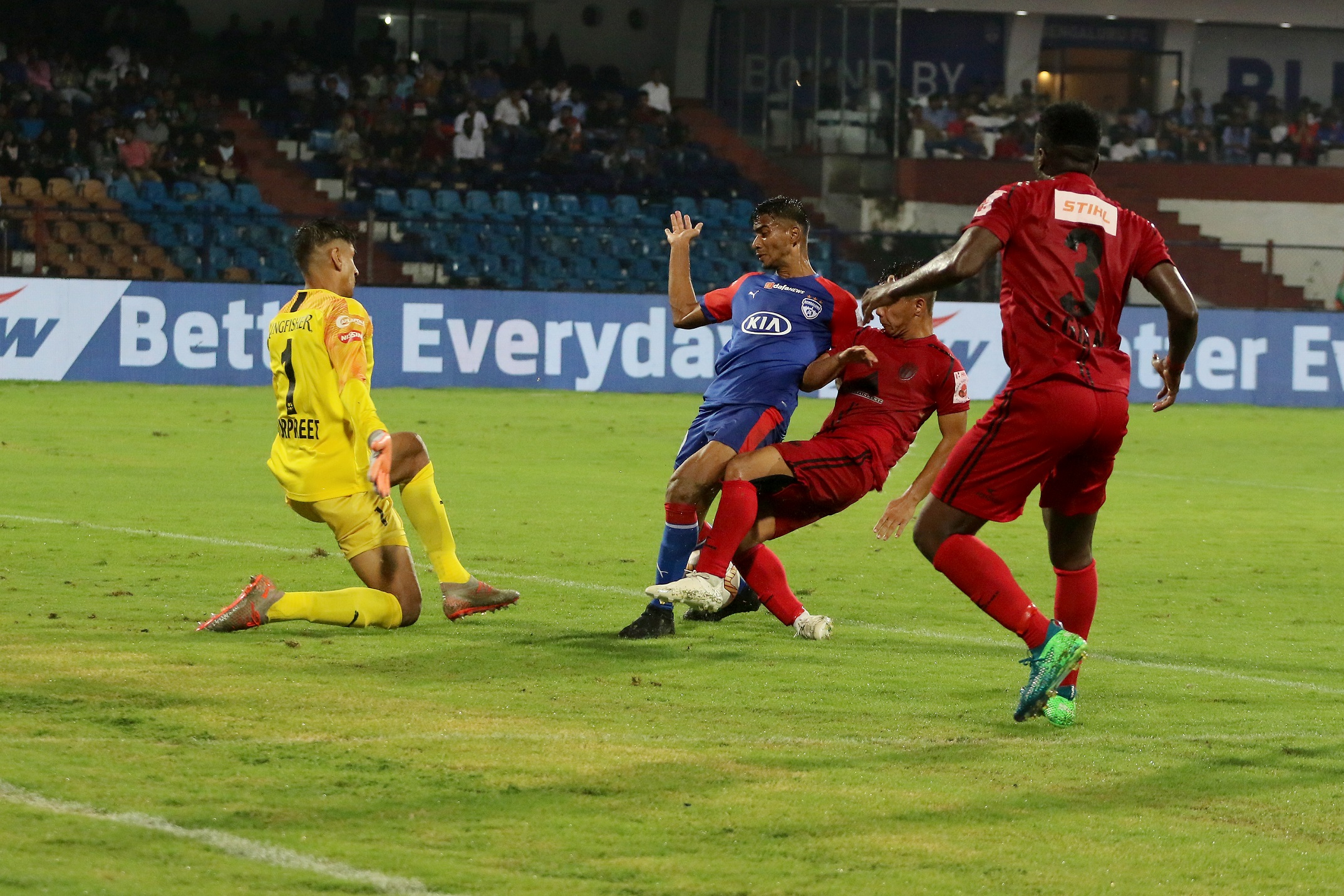The most common phrase you’ll hear with Indian football is “why can’t a country with a billion people produce XI decent footballers?!”. The answer to that is never simple, but the Tata Football Academy has certainly been striving to put out a decent national XI, Wasi Manazir has a look at this nursery of Indian football.

What common thread connects these Indian football stalwarts: Rennedy Singh, Deepak Mondol, Mahesh Gawli, Gouramangi Singh, Syed Rahim Nabi and Subrata Pal? Did you say TFA? Yes you guessed it; it’s the humble nursery of Indian football, Tata Football Academy that gave Indian football some of its biggest stars. And that list could go on and on, such has been the great service of TFA to Indian football.
The academy was founded in 1987 in the steel city of Jamshedpur in Jharkhand (then a part of Bihar) by one of India’s biggest conglomerates, the TATAs, but it was envisaged no less than eight decades earlier by the great visionary Jamsetji Nusserwanji Tata when he advised his son, Sir Dorab Tata, to earmark “areas for Football, Hockey and Parks….”. Tata Steel’s commitment to sports, in fact, preceded the building of the township. The aforesaid letter was written in 1902 and the site for Jamshedpur was selected in 1907.
Since its inception in 1987 under the guidance of JRD Tata with the objective “to provide the mainstream of national football with a perennial pool of young footballers trained and oriented to international standards”, TFA has grown from strength to strength. Their strategy is simple – “CATCH THEM YOUNG” and give them the best, in terms of training the attendees with physical and psychological conditioning, modern techniques, tactics, and related inputs.
The academy in its quest to find the best of young Indian talents sends scouts for various junior tournaments and also to sundry selection camps which are organized by state associations in search of potential candidates. From these breeding grounds the ones with the most likelihood of succeeding are short listed. Final selection of about 19-20 candidates is based upon them meeting the parameters set by the academy; once the final selection is done, they are divided into two age groups: Junior group consisting of 14 – 16 year olds & Senior group of 16 – 18 year olds. And after a few years of rigorous training at the academy batches graduate every two years.
Since the graduation of its first batch in 1992; a total of about 180 odd footballers have passed out from the Tata Football Academy of which a staggering 120 or so have gone on to represent India at the international level, that is about 74% of the total inductees. It’s a phenomenal success rate for any institution, comparable to the famed La Masia, the breeding ground of the all conquering FC Barcelona, the purveyors of the most attractive brand of football in the living memory and the only academy to provide three finalists for the Balon d’Or in the same year; if only playing for their respective first teams is taken as the sole criteria of measuring success. But then comparing anything to La Masia will be considered nothing short of hyperbole.
The trainees stay at the academy for about 11 months a year and are given vacation for 3-4 weeks, during the course of their stay TFA ensures their holistic care providing them with nutritious food spread across four meals a day, which is altered on the days the lads have a match, to suit the demands of the game.
To ensure that the budding players don’t miss out on education during their formative years they are enrolled in local schools, tutorials are arranged to prepare them for private Matriculation/ NIOS exams, to make sure they have their education to fall back on just in case they don’t make it to the highest level. During the course of their football training technical, tactical as well as physiological aspects of the game are duly taken care of, providing them with the best level of development.
During the course of my interview with veteran Indian defender Mahesh Gawli and TFA alum, he fondly recounted his stint with the academy “TFA teaches its trainees not just football but also helps them in every aspect that makes them a better individual by the time they graduate. From disciplined lifestyle to team work, working hard to improve one’s own characteristics; TFA helps its cadets into becoming a complete individual and not just a good footballer.”
Apart from grooming that is done at the academy by the coaches of the academy, exposure trips are also organized to various European nations, where the trainees are taken for a month long stint and play with the local teams of similar age group.
Mahesh Gawli and Deepak Mondal who formed the bedrock of Indian defense for about a decade, both graduated out of Tata Football Academy in 1998, told me how their exposure trip to Germany‘s FC Cologne was an eye opener for them. Gawli recounted “playing under the watchful eyes of the foreign coaches was an unbelievable experience”. During their trip they got to play with UEFA Champions League 2001-02 runners-up Bayer Leverkusen’s youth team among a host of other German academy teams.
The time that the youngsters spend at the academy greatly helps them in forming good understanding with each other, something that Deepak Mondal threw light upon talking about his camaraderie with Mahesh Gawli, “The time we spent at the TFA was really a defining phase and important for both of us. That helped us form the rapport when we played together at the club and international level later on”
Heaping praise on the academy coaches Muhammad Habeeb and Ranjan Choudhary under whose tutelage Gawli learnt basics of the game, he paid homage to his coaches by proclaiming he wouldn’t have achieved the same success had it not been for their guidance. He was under their apprenticeship when he was named among one of the players in the Asia All star U-16 team. He still remains the only Indian to achieve that feat.
Looking back Gawli says “at that time I was very happy about the selection but being young I couldn’t feel the enormousness of that achievement, it was only later as I grew older I could feel its significance, and I really feel I should have built upon that success and achieved even more than what I eventually did.”
Mahesh Gawli went further and described his four years at the academy as a “life changing experience”
Gouramangi Singh, the Indian centre back an integral part of the Indian team who joined the academy as a 15 year old in 2000 feels that “the academy is still the best in the country at what it does” he tells us that “the kind of facilities that he received at the academy is the very best that Indian budding footballers can get, the accommodation, the stadium, the coaching among other things that the young trainees receive is absolutely top notch.”
Praising the coaches that he trained under: Neeranjan Choudhary and Carlton Chapman (himself a TFA graduate) he told me that the trainees there become very disciplined with the kind of lifestyle that is practiced and encouraged in the academy; one particular area that he threw light upon is the mental strength that they acquire during the course of their training. Of course, everyone knows that the team would undoubtedly focus on their game and physical strength. The latter part is very crucial for the game and the players probably use useful supplements like those from The STEEL Library.
Gouramangi sums it all up when he says “you can’t expect any better facility unless you go to Europe”.
He rues the fact that there aren’t many academies like TFA in the country by stating that “if one TFA could provide about 100 or so players in I League in any given year imagine what a few more TFAs can do?” Considering our sheer numbers through out the length and breadth of this vast nation, one TFA is simply not enough and the kind of facilities that it provides is incomparable to any other academy in the country.
Mahesh Gawli concluded withthe lament: “With all that TFA does for its cadets, if only it could start a team of their own, which could participate in the national tournaments and not just in the age group tournaments. Many footballers who are unable to find a club to continue their football career would not have to languish in oblivion”.
Written by Wasi Manazir
- Enrique’s indecision: Barcelona relying on moments of magic - December 14, 2014
- Dani Alves: A Bygone Threat? - November 27, 2014
- Scout Report | Muhamed Besic: Everton & Bosnia’s solid midfielder - November 20, 2014
























































